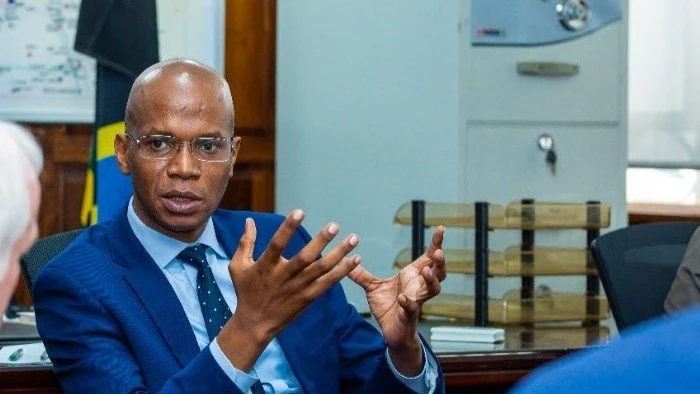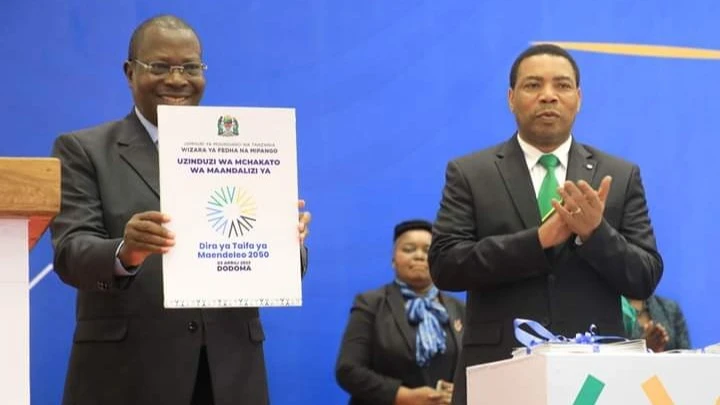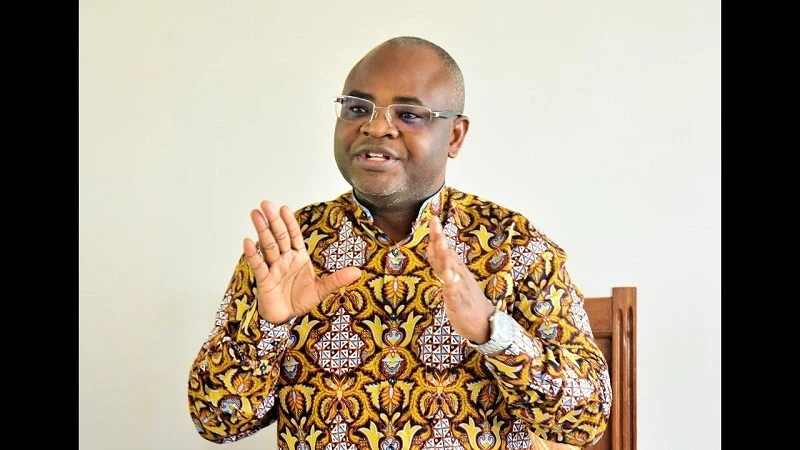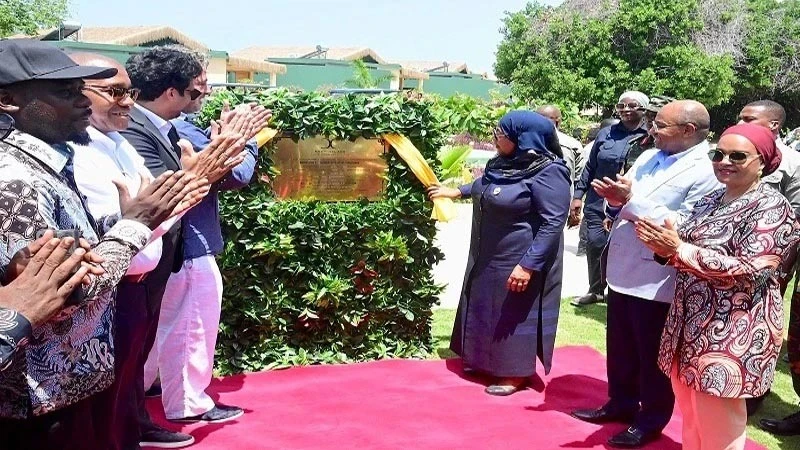EAC ministers Z’bar retreat vital in confidence building

A NOVEL initiative was in the air at the weekend and into the start of the week as Foreign and Regional Cooperation ministers from member states of the East African Community (EAC) gathered in a three-day retreat in Zanzibar upon a directive from the Heads of State.
The host minister, January Makamba, expressed Tanzania’s hope that the ministers would engage in honest and transparent discussions aimed at fortifying the community for the benefit of its peoples.
All eligible participants were in attendance across eight states, which sets the pace for consensual parameters of regional policies.
As a matter of fact, this initiative that came about by instructions of the summit was enhancing other innovations already tried out to forge an image of institutional cohesion.
It was in holding EAC summit in open meetings followed by a large public on prime-time television, after knotty issues are hammered away at ministerial meetings and prior consensus having emerged.
What is taking place is an effort to find a workable basis for sustainable cohesion in solving regional issues, not left at bilateral level or to the summit as for a long while been the case, that each minister presents a nation state viewpoint, largely.
There was little divergence in how the ministers viewed that experience, as the theme that unity is a source of strength was clearly underlined.
They must have been worried that pulling in different directions could see EAC losing relevance, as it did in its earlier version – from 1967 through 1977.
The regional bloc was restored 22 years later after three years of preparations. It has greater flexibility than the older version, absorbing contentions more easily in its 25 years of existence.
Some will remember that ten years ago in 2014 institutional cohesion was on the brink, but the Heads of State brought out the tensions to some close scrutiny and moved forward even better.
One reason why it is a little easier to start cultivating a cohesive EAC view of things is that regional integration is itself on the way to lose its cardinal importance either in the business or sociopolitical context.
The reason is the coming into force of the African Continental Free Trade Area (AfCFTA) which compels the region to start evaluating how to build synergies within the bloc, especially in attracting more foreign capital, generating greater local investments instead of capital exports and idle bank cash.
Yes, money in the bank is far from being idle, but investment lending is a far cry from individual risk taking.
In that context, the host minister was right, though maybe not fully, in stressing on having previously witnessed the consequences of EAC disintegration, since no such costs stand to occur if the EAC was dissipated right now.
At most there would AfCFTA and World Trade Organisation (WTO) tariffs instead of a customs union setting, at present. It would imply some hikes in import costs and some auxiliary checks at border points but AfCFTA membership would take care of the rest.
EAC cohesion makes us stronger as nation states as people see a higher rationality for a certain number of prerogatives, cutting out excesses.
In these days of nearly everything from constitutions to budgets being contested, having a more cohesive EAC entity in the direction of a confederation of sorts is a plausible goal.
Top Headlines
© 2025 IPPMEDIA.COM. ALL RIGHTS RESERVED

















